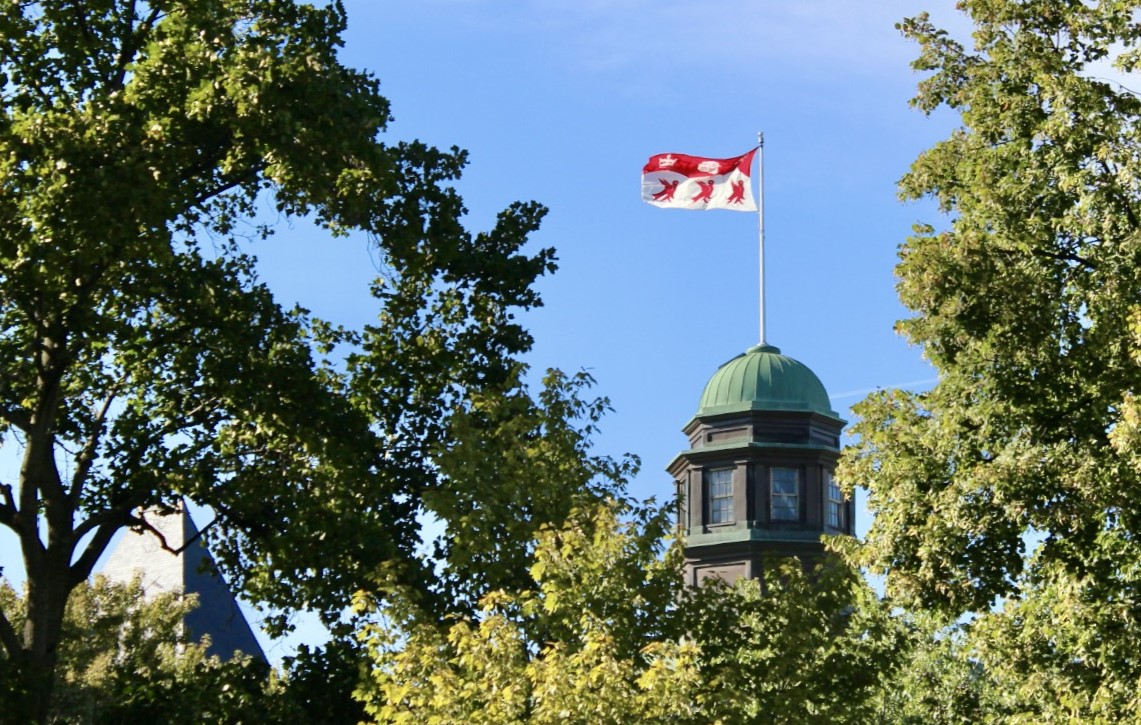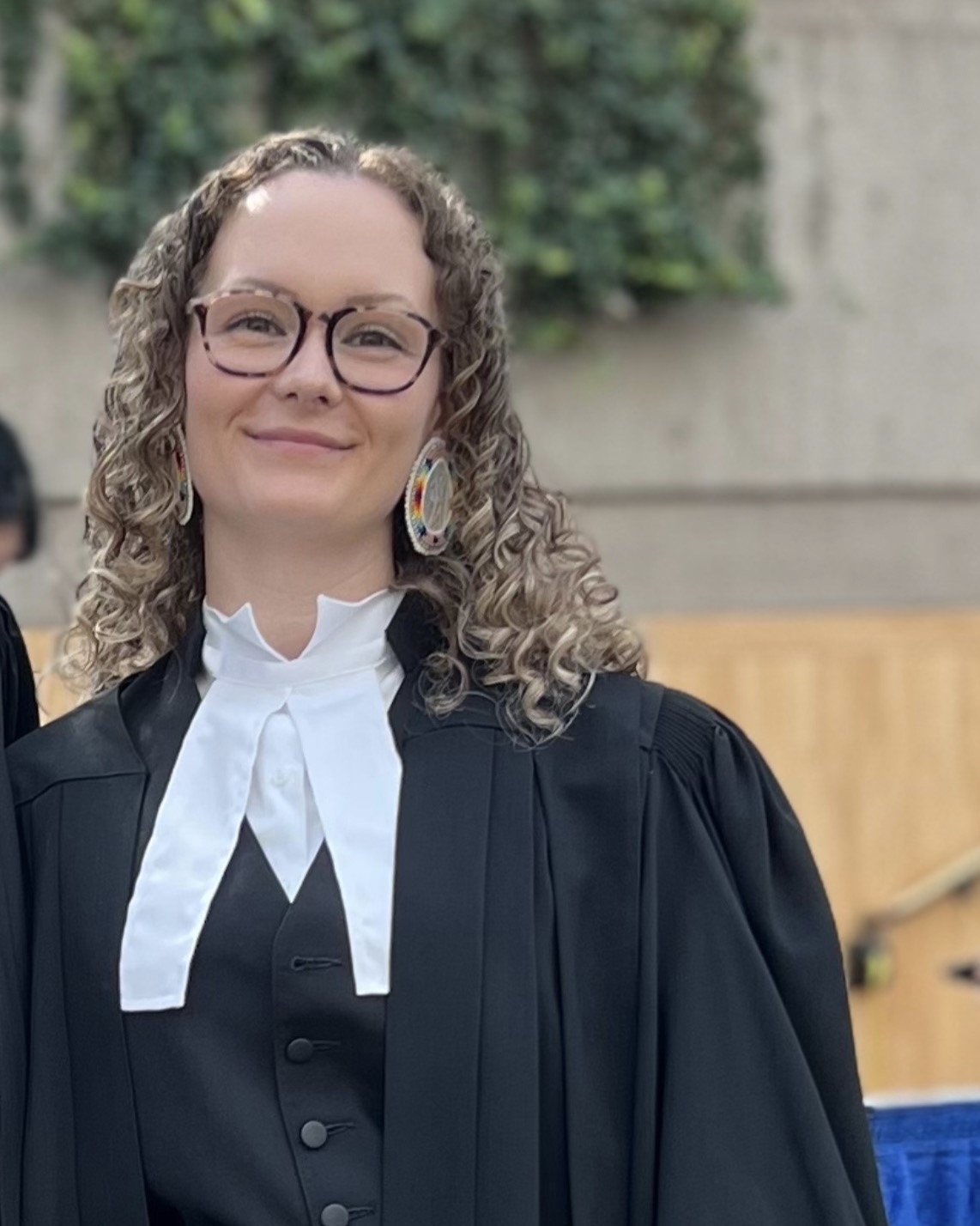
Wahéhshon Whitebean and Cheyenne Neszo have been named recipients of Rathlyn Fellowships. Awarded annually through the Indigenous Studies Program at McGill, Rathlyn Fellowships support Indigenous graduate students at McGill in their studies and research. Each Fellowships is worth $15,000.
The Rathlyn Fellowship is given out each year through the Indigenous Studies Program at McGill.
Roger Warren and his wife Mary Warren founded the Rathlyn Foundation in 1984 to support medical research, veterinary sciences, and educational institutions throughout Canada. Since then, the Foundation has endowed graduate and professional degree fellowships across several faculties.
This year’s Rathlyn Fellowship recipients:
Wahéhshon Whitebean (Faculty of Education)
Wahéhshon Whitebean is a Wolf Clan member of the Kanien’kehá:ka Nation at Kahnawà:ke. The mother of three is a language advocate and activist. Whitebean began her doctoral research as a Tomlinson Fellow, and then as a Vanier Scholar. She is currently a PhD candidate in the Educational Studies program at the Department of Integrated Studies in Education.

Over the past six years, Whitebean’s worked at the Kahnawà:ke Education Center on language and culture reclamation initiatives. In 2020, she co-authored the first research policy and code of ethics for the Kahnawà:ke education system. Since November 2021, she served as the Research Consultant and Chair of the ethics committee.
Whitebean’s doctoral research largely encompasses the topic of the Indian Day Schools and education reform in her home community. She works closely with Elders, Indian day school survivors, and other community members to elicit multi-generational stories of Indian day schooling in Kahnawà:ke. The research, which incorporates Kanien’kéha language and Kanien’kehá:ka knowledge through multigenerational storytelling, is aligned with modes of communication and knowledge sharing that are truly Indigenous and decolonizing.
By authentically applying Indigenous methodologies and frameworks in her research, Whitebean has developed a unique expertise in writing and sharing stories in Indigenous education and history.
The purpose of her study is to gain insight into the lived experiences of former day school students and identify the impacts and cultural losses that affected individuals and potentially, Kahnawà:ke as a community, by examination through a multigenerational lens. Her research does not reinforce a meta-narrative of Indigenous trauma. Through oral history/tradition, Kahnawa’kéhró:non [people of Kahnawà:ke] will re-story this challenging part of community history through a people centered and strength-based lens.
Cheyenne Neszo (Faculty of Law)
Cheyenne Neszo is a member of the Lheidli T’enneh First Nation near what is currently called Prince George, British Columbia. Neszo works in class actions where she is involved in diverse cases including Indigenous rights and government negligence. She is also participating in a language revitalization program with her Nation’s Lheidli dialect of the Dakelh language.

Neszo completed her law degree at Thompson Rivers University. After law school, Neszo clerked at the Federal Court of Canada and completed her articles at the Department of Justice. She is currently working toward completing her thesis for a Master’s degree in McGill’s Faculty of Law. Her research is focused on Indigenous tax laws and policies.
Neszo’s thesis explores the current state of Aboriginal tax law, including tax provisions in the Indian Act, self-government agreements and the tax provisions in modern-day treaties. She argues that there are laws that appear to grant Indigenous Nations greater authority over their fiscal situations but are in fact, undermining Indigenous sovereignty and self-determination.
Her research suggests that part of the sovereignty for Indigenous Nations is their inherent authority to determine what laws they use – whether those of their own Nation, Western laws, or a mix of both – in creating a taxation system for their Peoples. Neszo says that Indigenous tax laws are a necessary step towards reconciliation and the reclamation of Indigenous nationhood and sovereignty.
